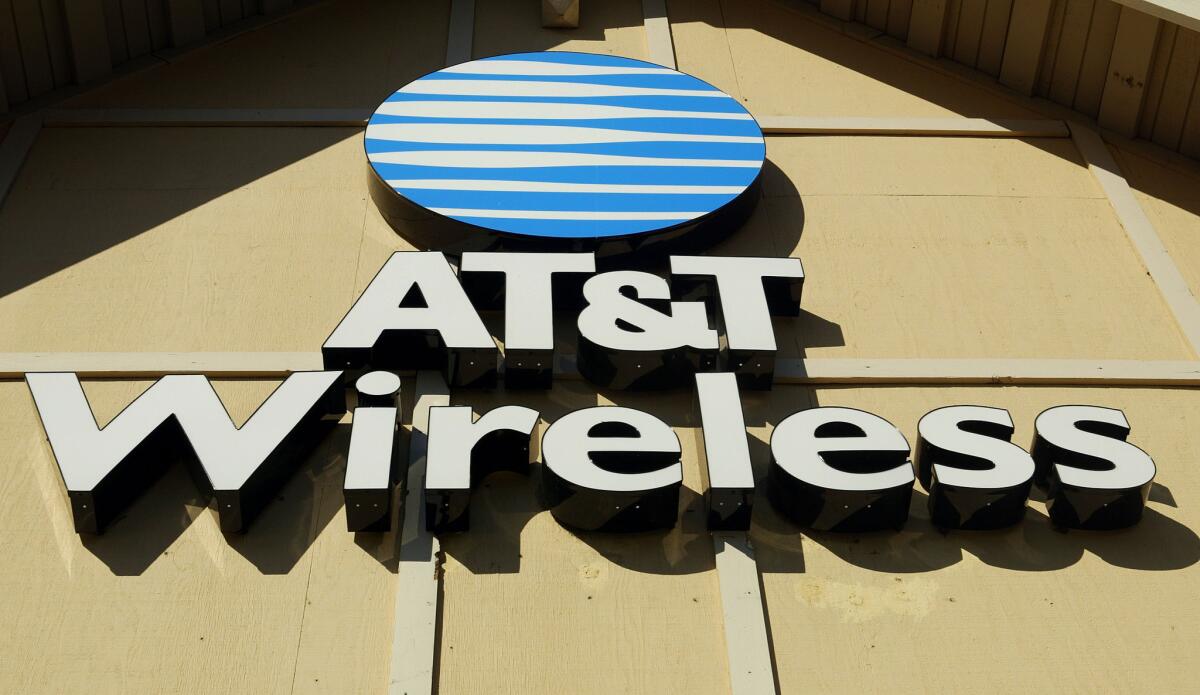The right to phone service

- Share via
After holding public hearings around the state, the California Public Utilities Commission is expected to propose improvements to California Lifeline — a program that offers discounted phone service to the poor — by year’s end. But state lawmakers, backed by phone and cable companies, are trying to rush through their own update for the program before the commission acts. Their bill has the right goal: giving low-income consumers more choices, including wireless and Internet-based phone service. But the measure is premature and its consumer protections too thin.
The state’s Lifeline program, like a federal program that bears the same name, is funded not by taxpayers but by surcharges on phone services. While the federal program provides a discount that can be applied to conventional phone service or prepaid wireless, the state program provides just a conventional phone line at half price.
Participation in California Lifeline has plummeted in recent years, reflecting the declining interest in plain old telephone service. But opening the program to newer phone services is easier said than done. Because wireless networks charge users by the minute, it’s well-nigh impossible to offer mobile Lifeline service on the same terms as conventional Lifeline. Besides, the state can’t regulate the prices charged by mobile networks. Internet calling services, meanwhile, are largely immune from the utilities commission’s oversight. There’s also the question of what, if any, minimum requirements the state should put on the telecommunications companies that receive the subsidies. The government should trust consumers to find the services that offer them the greatest value, but that doesn’t mean it should leave them with no recourse against fraud and other abuses.
The commission is working its way through these issues, and it is expected to propose an update covering wireless and conventional Lifeline services by October. Last week, however, a state Senate committee approved AB 1407 a bill to convert the Lifeline program into a voucher worth $11.85 a month that low-income Californians could spend on the phone service of their choice. The measure, which has been subjected to a single hearing, would bar the commission from demanding anything of Lifeline service providers beyond the bare-bones requirements in the federal program.
The bill relies on competition, not regulation, to preserve low-income Californians’ access to basic communications services. And though it makes sense to move in that direction — there are far more providers of phone service today than there were 30 years ago — it seems reckless to go as far as the bill would while also dropping the commission’s mandate to monitor how many Californians lack phone service of any kind.
The right way to proceed is to let the commission do its work. If lawmakers don’t like the result, they can override it. Unlike the Legislature, the commission has developed an extensive record of views not just from industry executives but from Lifeline users and other consumers. That process shouldn’t be short-circuited when it’s so close to completion.
More to Read
A cure for the common opinion
Get thought-provoking perspectives with our weekly newsletter.
You may occasionally receive promotional content from the Los Angeles Times.










